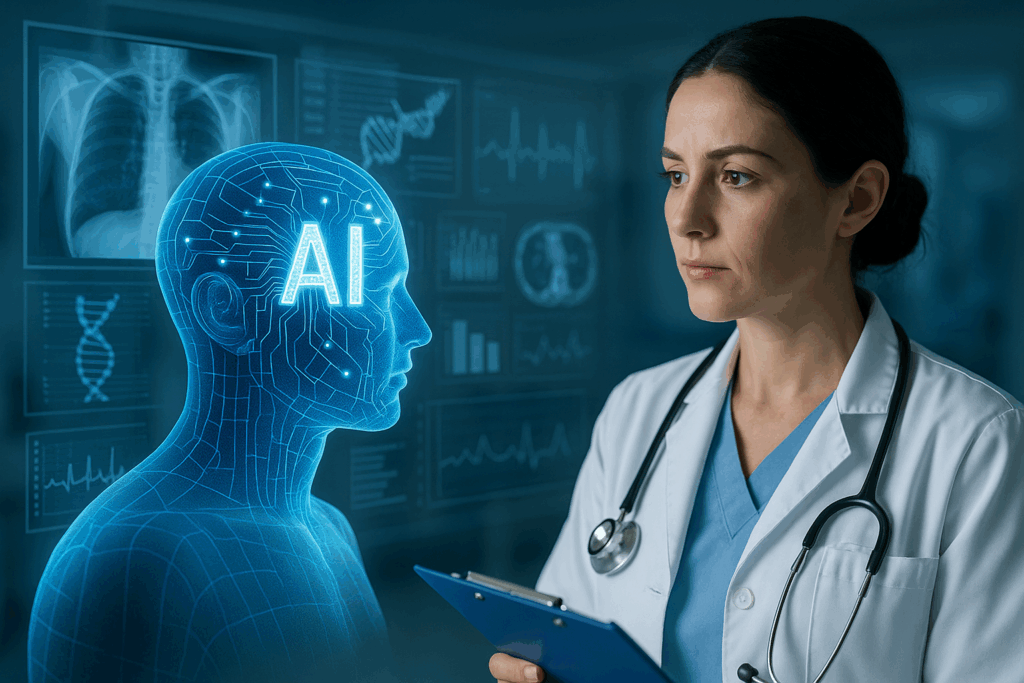Telemedicine: definition, how it works, benefits, and challenges

Telemedicine represents one of the most significant transformations in the modern healthcare system, offering the ability to monitor, consult, and assist patients remotely through the use of digital technologies. It operates through secure platforms that enable the real-time collection and transmission of health data, facilitating communication between patients and healthcare professionals even outside hospital settings.
Key benefits include continuity of care, a reduction in avoidable hospitalizations, improved access to services in remote areas, and greater operational efficiency within the healthcare system. However, challenges remain, such as the need for adequate digital infrastructure, technological literacy among the population, and issues related to the protection of sensitive data.
Telemedicine is increasingly establishing itself as a structural component of clinical care, but its effectiveness depends on the ability to adapt organizational and regulatory models, as well as on acceptance by both users and healthcare professionals.
Artificial intelligence and medicine: a strategic alliance for the future of health

Artificial intelligence is playing an increasingly important role in healthcare, helping improve diagnoses, treatments, and patient management. With the ability to process large volumes of clinical data, AI algorithms support healthcare professionals in areas such as radiology, oncology, and predictive and personalized medicine. This text explores the main applications, the expected benefits in terms of efficiency and accuracy, and the challenges related to ethics, regulation, and integration into clinical settings.
